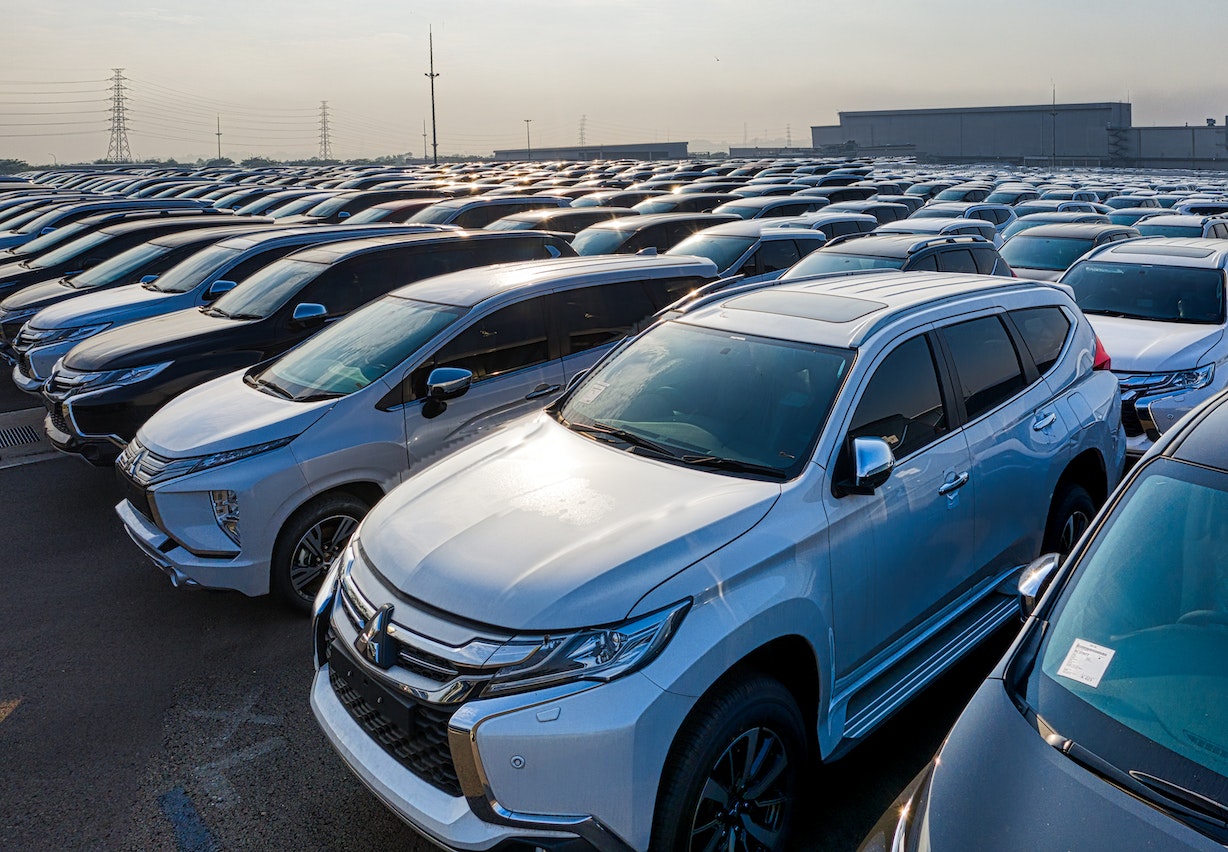Global automakers have reported a noteworthy uptick in US new vehicle sales during the third quarter of the year, demonstrating resilience in the face of challenges such as a coordinated strike led by the United Auto Workers (UAW) union. General Motors Co (GM), a prominent player in the automotive industry, stood out with an impressive 21% surge in sales, reaching a total of 674,336 vehicles. This robust performance was particularly commendable considering the concerns it raised about potential supply disruptions caused by the UAW strike.
While the full financial impact of the strikes has not yet been disclosed by the automakers, it’s worth noting that GM experienced a significant downturn in sales during a 40-day UAW walkout in 2019. Despite these uncertainties, the latest quarter’s performance paints a promising picture for the industry as a whole.
In contrast, Asian automakers made substantial gains during the same period. Toyota Motor Corp reported a 12.2% increase in sales, signaling a strong demand for their vehicles in the U.S. market. Meanwhile, both Kia and Hyundai also enjoyed sales boosts. Hyundai, in particular, took proactive steps to incentivize the purchase of its electric vehicles, as they did not qualify for the U.S. Inflation Reduction Act tax credits. Nevertheless, Hyundai acknowledged the challenges posed by rising interest rates, which could make it more challenging for consumers to afford new vehicles.
Tesla, a major player in the electric vehicle market, fell short of market estimates for deliveries in the third quarter. This underperformance was attributed to planned factory upgrades, indicating that the company is investing in infrastructure to meet growing demand in the future.
The strong sales performance observed in the third quarter can be attributed to a combination of factors. Chief among them is the robust demand for the latest vehicle models and an improvement in supplies, which helped mitigate the potential disruptions caused by the UAW strike. However, it is important to note that the true impact of the strike on future sales remains uncertain.
While automakers have reason to be optimistic about the immediate future, there are lingering concerns about the long-term effects of the UAW strike and how they might manifest in future sales reports. It is clear that the automotive industry has weathered significant challenges in the past, but the full extent of the current situation’s consequences will only become apparent over time.
In summary, the third quarter of the year has seen global automakers, including General Motors, Toyota, Kia, Hyundai, and Tesla, report a surge in US new vehicle sales despite the obstacles posed by the UAW strike and other challenges. The industry’s ability to adapt and thrive in the face of adversity demonstrates its resilience and underscores the continued demand for automobiles. However, the impact of the strike on future sales remains uncertain, making it crucial for industry stakeholders to closely monitor developments in the coming quarters.
Source: Reuters



